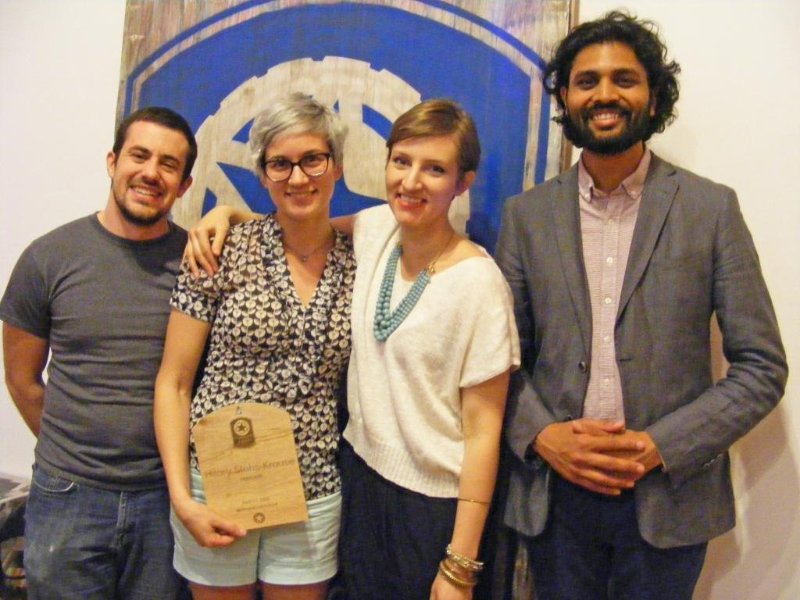Everything you ever wanted to know about coding bootcamps (but weren't sure whom to ask)

Similarly to my "How to survive a coding bootcamp (and get a job afterwards)" post, the following was inspired by an email from a friend - this time, one in NYC considering attending a bootcamp. A musician and bartender, he wanted to know generally about the bootcamp experience, and if it might be a good fit for him.
Hopefully, this can serve as a basic primer for anyone who thinks they might be interested in trying a coding bootcamp. Additional questions? Shoot me an email!
How do bootcamps work?
There's a wide variety of coding bootcamps - full-time vs. part-time, in-person vs. online, three months to six months - and they'll focus on different curriculum (Python vs. Ruby vs. JavaScript, and so on).
Generally speaking, however, they aim to provide students with enough web development skills to get a full-time job after graduation.
Who attends bootcamps?
The average bootcamp attendee (in the U.S. and Canada) is 29 years old, has 6 to 7 years work experience (but not in tech), and a liberal arts degree. 40% of students are women and gender nonbinary; 35% are people of color (source).
Is it worth it?
In my case, definitely. The year before I attended mine, I'd quit my full-time, nonprofit journalism job (for various reasons), and had been working part-time as a bartender and nanny.
The following stats are from a 2017 report featuring data from 73 coding schools and 1,450 graduates in the U.S. and Canada:
- 75% of graduates were employed full-time in a job requiring the technical skills learned at bootcamp.
- The average salary increase for graduates was 50.5%, or $23,724.
- The average starting salary for grads was $70,698.
- It took one to six months to find a job after graduation
(As I pointed out to my friend, the starting salary naturally varies widely, depending on geography; as a New Yorker, his average starting salary would be closer to $100k.)
All in all, I love working in tech; it's such a relief to make a good salary and have health insurance, and also to know that my skills mean I can get a job literally anywhere in the country, and in any industry imaginable (because every industry needs tech people).
What kind of cost / time commitment does it take?
This varies a lot, as well, depending on if the school is full-time or part-time, in-person or online, etc., but the average is around $12,000 for a full-time, 3-month course.
There are so many different kinds! How do I know which one is right for me?
For my learning style and financial and caregiving situation (ie: no kids), a full-time, immersive program was the best fit for me, but folks in other circumstances might find an online or part-time school more feasible.
As for languages, that really depends. JavaScript and Ruby are the languages most likely to land you a job, according to Course Report (the bootcamp I attended taught Ruby for the back-end lanaguage).
There are also bootcamps that are just front-end (think HTML, JavaScript and CSS) and ones that are just back-end (think SQL, Ruby, Python, etc.); there are schools that teach full-stack programming (which means both front-end and back-end).
I did a full-stack school, because I felt it would make me the most marketable, but there are definitely jobs for specifically front-end or specifically back-end developers, if you strongly prefer one to the other.
How do I evaluate all the different bootcamps?
There are a ton of guides for choosing the right bootcamp.
If you're constrained by geography, make sure you don't overlook perhaps less flashy offerings in your area (for example, the YWCA here in Madison offers a front-end bootcamp).
Once you have it narrowed down to a few different choices, reach out to alums on LinkedIn to learn about their experience. You can also reach out to the school directly to put you in touch with grads, but know that they'll likely connect you with those who had the best experiences.